I've selected this item for what it tells us about how the pub trade worked. Though not actually in Scotland, as the pub and publican in question were on the Isle of Man.
"WAS THE ALE SOUR?There was an awful lot of fuss made for a sum of less than three quid. For a start , they had to send someone to Scotland to take evidence from Arrols's traveller. That must have cost almost as much as was at stake in the case.
Archibald Arrol & Son v. Richard Kinvig.— Suit brought for £2 14s., price of a barrel of ale. The suit was before the Court on the 20th February. 1889, when a commission to Scotland to take evidence was asked for. The traveller who sold the ale was now present and, being examined, said he sold two barrels of ale to the defendant about five years ago, and one of them was still owed for. When he called for payment, defendant complained of the ale in the first barrel. He went to examine it and found that nearly all the ale had been drawn off. There was scarcely anything but grounds left. The usual custom was, when anything went wrong, to return the barrel and credit was given for the quantity so returned. When asked by His Honour what quantity there might be in the barrel at the time, whether it was half full or more, witness said he did not think it would be more than half full, but he was not quite sure. The second barrel was not sent to replace the first. Only one of the barrels had been paid for.- The defendant said he tapped the barrel about a fortnight after it came to his premises, and found the ale to be rotten and sour. He then left it until the traveller would call, so that he might see it and taste it for himself. When he called he took him to the store room and drew a glass full, he said it was not at all good. There might have been a few pints taken out of the barrel out certainly not more than two gallons. -His Honour: But the traveller says it was only half full -Defendant: I consider I ought to be a better judge of the quantity that was in it. When the traveller came he brought a bill for the two barrels but I told him distinctly I would not pay it, I returned the two empties about five years ago.— Mary Jane Cubbon, daughter of defendant said I remember all about the barrel of ale coming, or at least what came out of it. The stuff that came out of it was like milk and sour. My father was a publican. There were at home beside myself, my mother, and also two sisters aged respectively 13 and 11 years. They then attended school. I served the customers. My mother did not attend to the bar, nor did she draw the beer— 20 witnesses could prove that. My mother might have served occasionally. I drew from the barrel in question about two glasses for customers, but they refused it- Therefore I drew no more of it. I was present when the traveller called. He said he would take it back. I heard it in the bar. When my father and he came out from the store they had a glass of beer along with them. It was thrown away after they had done with it. It was not drunk. I will swear the traveller said it would not bear the expense of sending it back. We have sometimes had 20 barrels in store at one time, and we have had both bitter and mild ale from Castle Rushen Brewery in stock for 12 months, and it has then been good.-His Honour said the plaintiff had not proved his case. Of course, after a period of five years, and having so many places to call at, it was quite possible for him to forget the quantity of ale there was in the barrel. The defendant and his daughter had given their evidence very fairly and honestly, and besides, it was the evidence of two against one. —The suit was dismissed."
Isle of Man Times - Tuesday 21 June 1892, page 2.
Arrol's traveller must have gone around pubs on the Isle of Man trying to flog beer. A one-off sale of two barrels doesn't seem like much of a success. Especially as he was only paid for one. Now the price is interesting, £2 14s, or 54 shillings. Assuming it was a 36-gallon barrel, that makes the beer 1s 6d per gallon. Which limits what type of beer it could have been. Either Strong Ale or Pale Ale. Or Stout, but I doubt very much it was that.
Getting credit for returned spoiled beer has been a custom of the trade since god was learning to walk. It continues to this day, though unscrupulous landlords have often tried to take advantage. For example by adding water to the cask to bump up the volume and hence the amount of cash they'd get back. And breweries had a habit of reusing the ullage in ingenious ways. Like Wilson's in Manchester whose Cream Stout was usually at least 50% ullage, pasteurised and with a stack of caramel and sugar thrown in. I can understand why a near-empty barrel wouldn't have been worth sending back all the way from the Isle of Man.
The pubs stocking pattern seems bizarre. It sounds as if he bought in a load of beer and then tapped it when needed. 20 barrels is a lot for a pub to have in its cellar at once. I'm not 100% certain what this means: "we have had both bitter and mild ale from Castle Rushen Brewery in stock for 12 months, and it has then been good". It could mean that they'd had beer in the cellar for 12 months without going bad. Or it could just mean that the Castle Rushen Brewery had been supplying them for 12 months. I think it's the former. I've seen enough brewery adverts claiming that beer would stay sound for at least 12 months if not opened. They certainly knew how to brew beer to last in the old days.
The Castle Rushen Brewery, for your information, was on the Isle of Man. Sounds like a much more practical supplier to have.
After five years, it's no surprise that the memories of the protagonists were a little vague as to the quantity of beer left in the barrel. I can't recall how many bottles of Abt I had left when I went to bed last night. Though my memory is notoriously poor for anything but statistics.
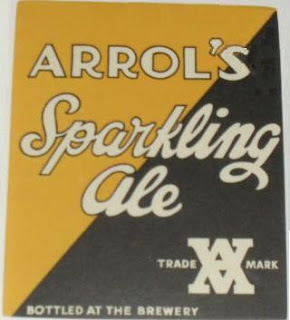
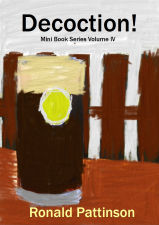



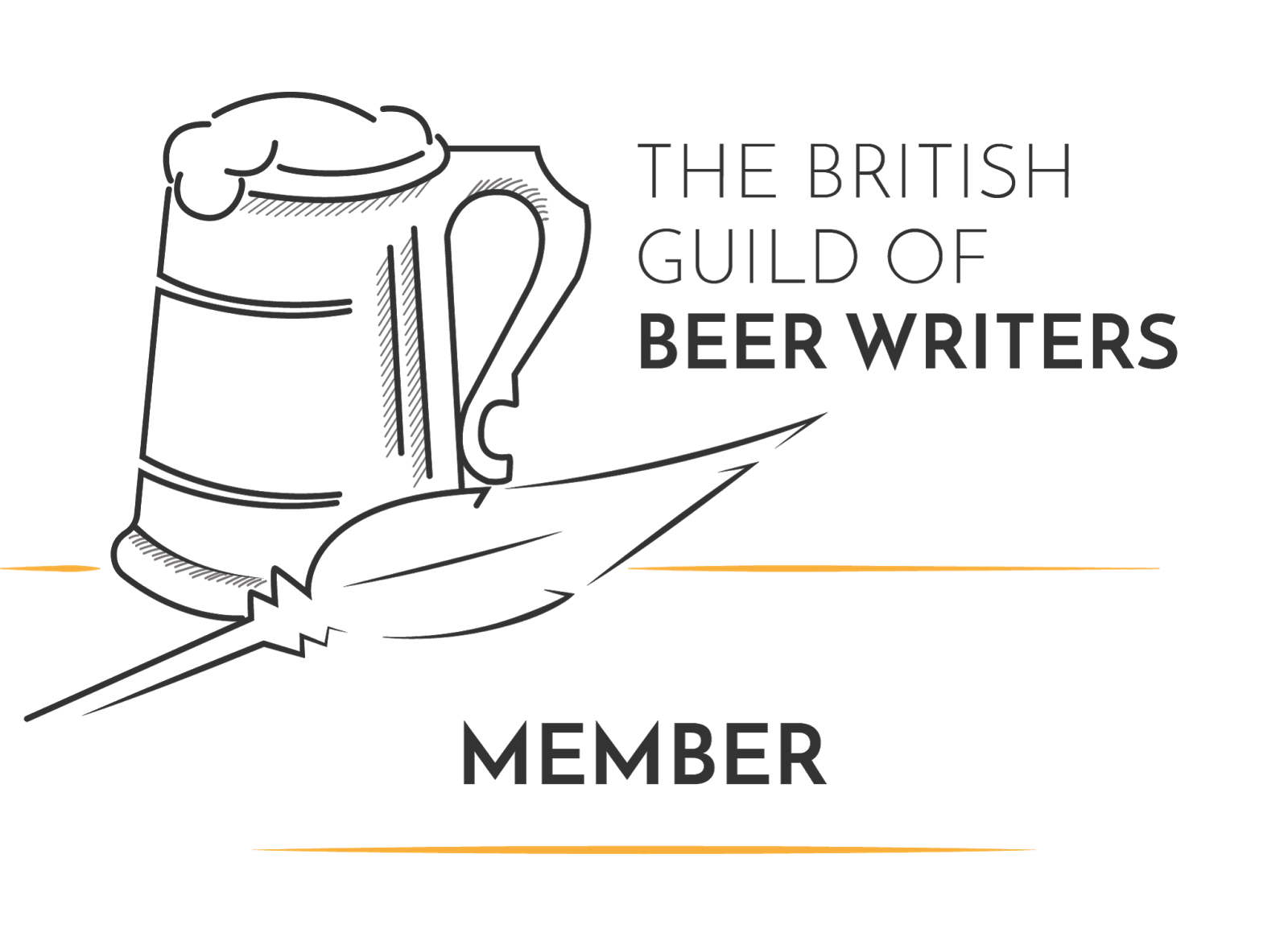









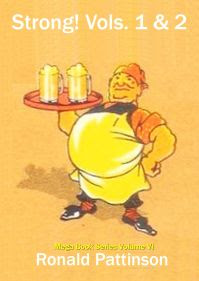


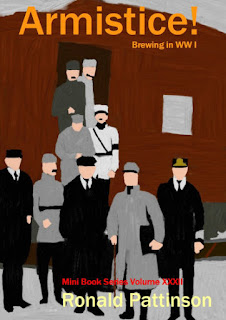








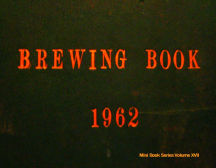
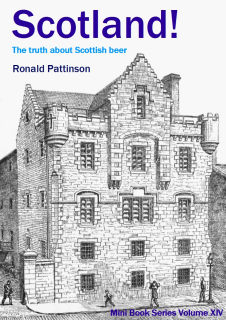
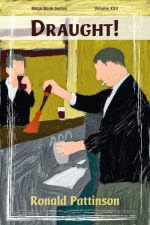

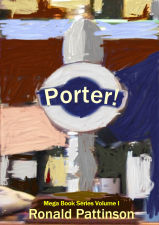

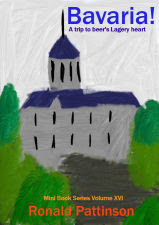

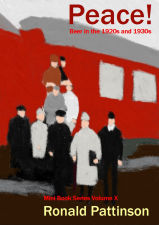

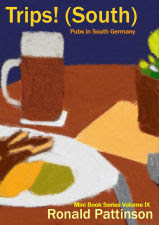

































1 comment:
A barrel for £2.14s or £2.70 these days.That's a pretty average price for a pint hereabouts.
In the early 1970s I used to visit a deoghtful pub, the Waggon and Horses at Kirton Holme in Lincolnshire.
It was a Bateman's house , the brewery charged £60 a year rent and gave a 6% ullage allowance.Mild was 10p a pint.
Post a Comment